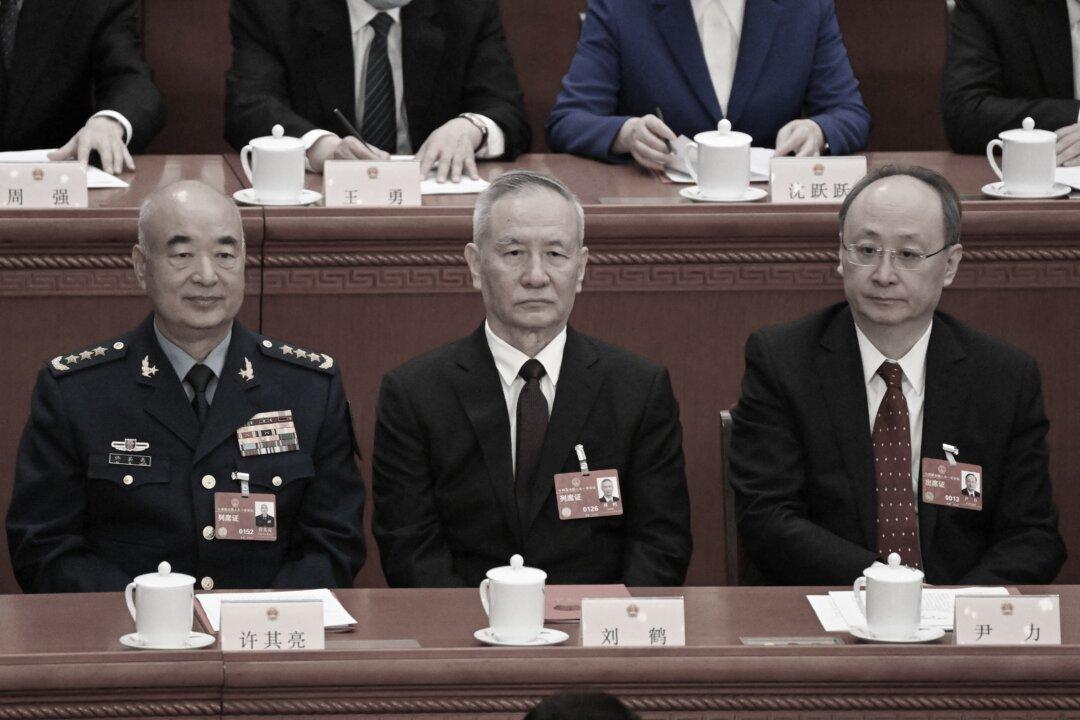Beijing’s deputy mayor is under investigation after being office for just one year. Party officials in the city were quick to reiterate their unwavering support for the Chinese Communist Party (CCP) and its handling of the case, leading analysts to speculate that Gao Peng’s fall may be more than simply a matter of corruption.
At an April 22 meeting, Yin Li, Standing Committee head for the Beijing Municipal Party Committee, stressed the city authority’s strong support for the Central Committee’s handling of the deputy mayor’s case. He requested that officials at all levels “maintain a high degree of ideological, political and operational consistency with the Party Central Committee with Xi Jinping at its core.”





